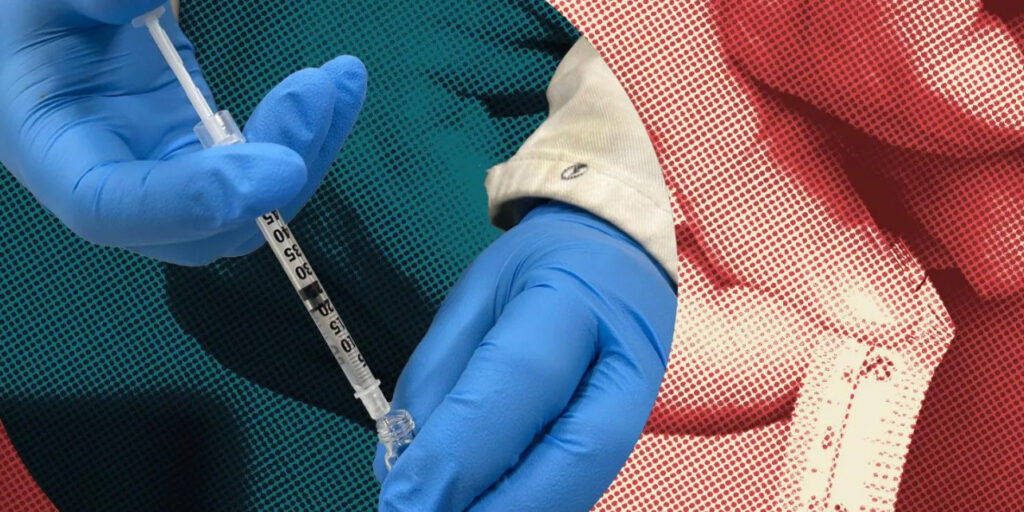A growing health crisis is emerging as illegal weight loss injections in Northern Ireland are being sold through social media platforms, posing serious risks to public safety.
A BBC News NI investigation revealed that unlicensed jabs claiming to contain semaglutide — a prescription-only drug used for weight loss — are being sold and shipped from England to unsuspecting buyers in Northern Ireland.
Test purchases made via Facebook resulted in syringes containing not semaglutide, but carnitine — a legal supplement with no medically approved weight-loss effect. Worse still, the syringes arrived wrapped in kitchen roll, without labelling or instructions, raising major concerns about hygiene, authenticity, and consumer safety.
Counterfeit Injections Pose Severe Health Risks
Professor Panagiotis Manesiotis, head of chemistry and chemical engineering at Queen’s University Belfast, tested the syringes and expressed grave alarm over the findings. “It is absolutely shocking that people are injecting substances sourced this way,” he said. “Not only do you not know what’s in the injection, but the unsanitary packaging and lack of regulation could result in serious infections — even death.”
Manesiotis warned that the dirty needles could transmit bacterial infections and cause conditions like sepsis, which requires urgent medical intervention.
Northern Ireland Faces Unique Vulnerability
In Great Britain, semaglutide is available on the NHS as part of an official weight management programme. However, Northern Ireland lacks such a service, making the drug only available through private prescriptions. This gap has created a dangerous black market for so-called “skinny jabs”.
The Department of Health in Northern Ireland cautioned that purchasing medications from unregulated online sources is “extremely dangerous” and said that people were putting themselves at serious risk.
Social Media Platforms Linked to Black Market Sales
BBC News NI uncovered multiple social media accounts — including those on Facebook, TikTok, and Telegram — promoting weight loss injections without prescriptions or medical supervision. Following the investigation, TikTok and Telegram removed some accounts for violating their policies, while Meta confirmed that it prohibits the sale of pharmaceutical drugs on Facebook and Instagram.
However, Meta did not request account details from the BBC, raising questions about enforcement.
Police and Regulators Taking Action
The Police Service of Northern Ireland (PSNI) confirmed that it is working at an international level to dismantle organised gangs behind these illegal sales. It warned that these counterfeit drugs are often made in unhygienic labs and can closely resemble genuine products, making them even more dangerous.
From 2022 to 2024, the Department of Health’s Medicines Regulatory Group (MRG) launched 18 investigations into illegal weight loss drugs. One person has been prosecuted, with four more prosecutions pending. Over 340 unlicensed products have been seized, and several warning letters issued.
Dieticians Call for Wider Action
Julianne Dickenson, a dietician based in south Belfast, said access and affordability were driving people to buy dangerous alternatives. “If it seems too cheap, it’s likely not safe,” she said. “People need to check that their prescriber is GMC-registered and that their pharmacy is licensed.”
She emphasised the need for a multi-sector response: “Obesity is a chronic and relapsing disease. Addressing it requires collective action — from individuals, schools, workplaces, food manufacturers, healthcare providers, and government.”


